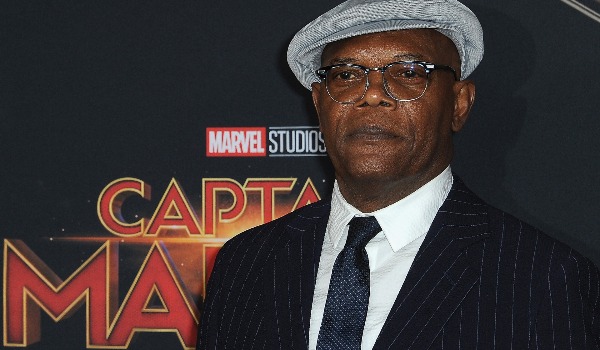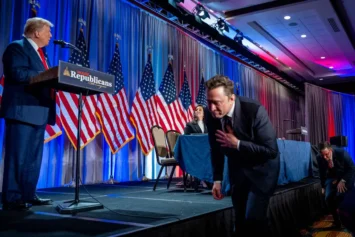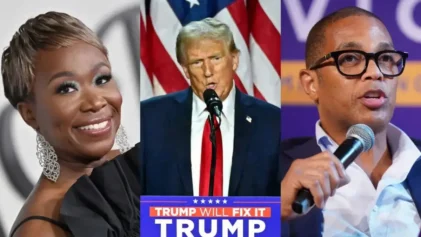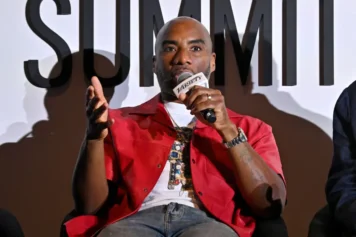Samuel L. Jackson grew up in segregated Chattanooga, Tenn., in the ’50s and ’60s, and obviously dealt with his fair share of discrimination and mistreatment.
Now in 2019, as Donald Trump sits in The Oval Office, the actor said he reminds him of the same people he grew up with in Chattanooga who didn’t like Black folks.

Samuel L. Jackson said he’s more angry at racism now than he was as a kid during segregation. (Photo: Getty Images, Albert L. Ortega)
Jackson made the comparison in an interview with Esquire that was published on Tuesday, after he was asked if growing up during segregation made him angry.
“I don’t think I was ever angry about it,” he answered. “I’m angrier now about it than I was then just because I see these guys and I know these are the same guys: Trump and all those a–holes, Mitch McConnell. But they’re the same f—ing guys, and when I hear their voices, I hear the same voices. Those twangs where they didn’t specifically call you ‘n—-r,’ they said ‘nigra.’ ‘The nigras.'”
Jackson also spoke of the Trump supporters who believe they’re losing the United States to Black folks and other people of color and said racists during segregation felt the same way.
“They were worried about the chasteness of their women, and miscegenation, and not having enough of them, there being more of us than there are of them,” he explained.
Elsewhere in the interview, Jackson talked about overcoming a drug problem after being forced to attend rehab and said the first movie he actually worked on sober was Spike Lee‘s 1999 film “Jungle Fever,” where he played the crack addict Gator Purify.
Jackson and Lee both went to Atlanta’s Morehouse College, and that’s where the actor said he became radical. Plus, it was in those same years that he discovered LSD and was around white people on a consistent basis for the first time.
“My class ’66 was famously the first class of sort of street n–gas that they let in,” he explained. “It had to do with folks like Stokely Carmichael, who was in and out of there speaking. And I was radicalized from both ends. From the Black end with Stokely, Rap [H. Rap Brown], and those guys and the Vietnam vets.”
“And I had an English professor who was driven to Morehouse on the magic bus with Ken Kesey,” added Jackson. “And then that was when I started dropping acid, and hanging out with him, and finding out what was happening in Berkeley, and then the white parts of the world. My whole existence had been Black. I didn’t have a white teacher till I got to Morehouse.”


